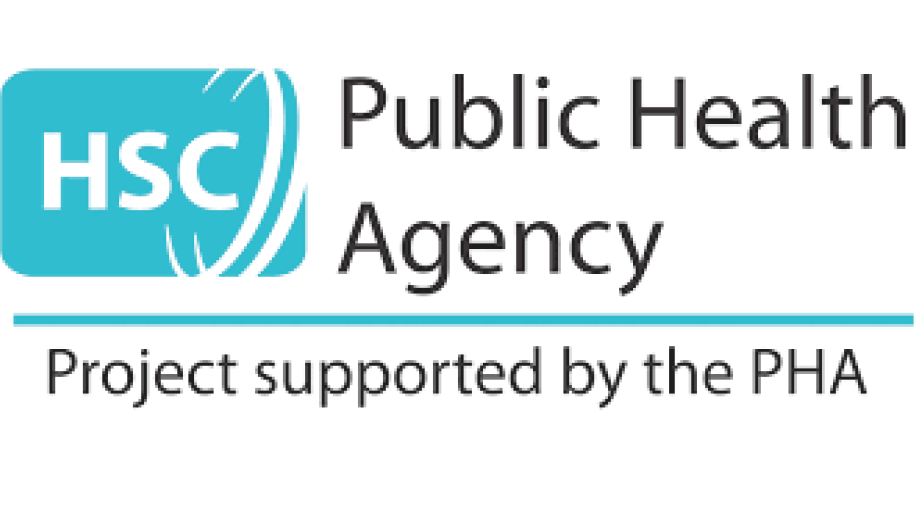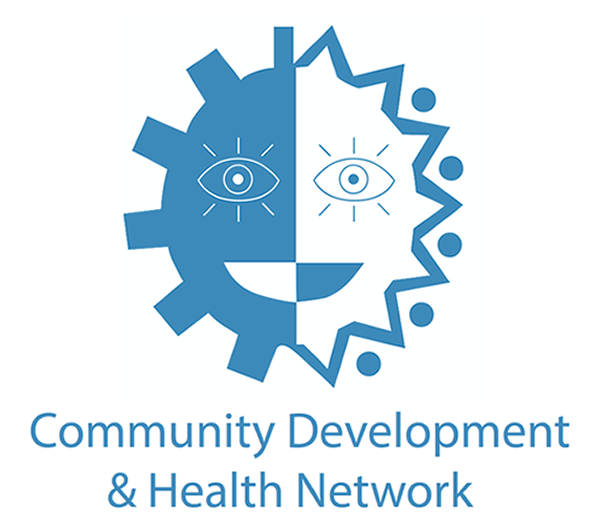Refugees and asylum seekers are among the most vulnerable members of society and experience a high level of health inequalities shaped by social factors such as discrimination; poor living, housing and working conditions; and inadequate or restricted access to mainstream health services. Through their Elevate project, HAPANI planned to address the inequalities faced by refugees and asylum seekers when trying to access health and social care services in NI. Individuals and families trying to access services encounter many challenges including language barriers, low levels of health literacy and poor cultural competency among health providers, stigma and inadequate interpreting services.
HAPANI wanted to ensure people had access to information and support they could engage with and understand and be able to make informed decisions about their health. The aim of HAPANI’s Elevate project was to facilitate capacity building classes to train seven volunteers to increase knowledge and understanding of the health inequalities their community faces so they can advocate on their behalf to avail of services. Volunteers would also learn more about the health and social care system in Northern Ireland and the practices of health care providers when supporting refugees and asylum seekers.



